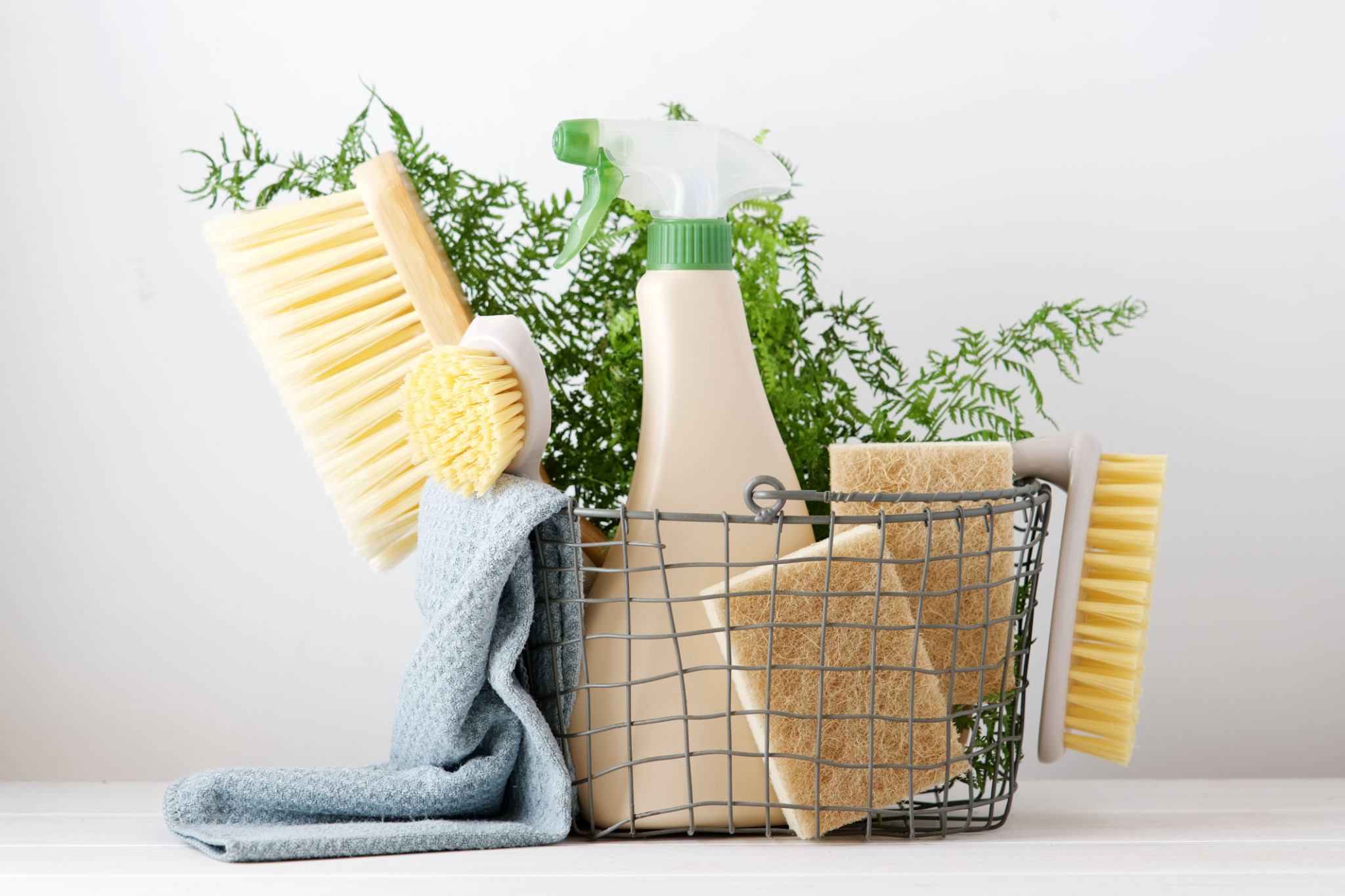The Ultimate Guide to Eco-Friendly Cleaning Solutions
Understanding Eco-Friendly Cleaning Solutions
In recent years, there has been a significant shift towards eco-friendly cleaning solutions as more people become conscious of the impact of traditional cleaning products on the environment. These products not only reduce pollution and save resources but also ensure a healthier home environment by minimizing exposure to harmful chemicals.

Benefits of Using Eco-Friendly Cleaners
Eco-friendly cleaning solutions offer numerous benefits. Firstly, they are made from natural ingredients, which means they are biodegradable and less likely to harm the environment. Secondly, they are generally safer for human health, reducing the risk of skin irritations, respiratory issues, and other health problems associated with chemical-laden cleaners.
Moreover, using green cleaning products can lead to better indoor air quality. Traditional cleaners often release volatile organic compounds (VOCs) that contribute to air pollution inside your home, whereas eco-friendly alternatives minimize this risk, ensuring a fresher and cleaner living space.
Key Ingredients in Eco-Friendly Cleaners
When selecting eco-friendly cleaning products, it’s essential to understand the key ingredients that make them effective and safe. Typically, these products contain:
- Vinegar: Known for its acidic properties, vinegar is excellent for cutting through grease and eliminating odors.
- Baking Soda: This versatile ingredient acts as a natural abrasive and deodorizer.
- Lemon Juice: With its natural antibacterial properties, lemon juice is ideal for disinfecting surfaces.
- Essential Oils: These provide fragrance without synthetic chemicals and often have antibacterial properties.

DIY Eco-Friendly Cleaning Recipes
Creating your own cleaning solutions can be a rewarding and cost-effective way to maintain an eco-friendly home. Here are a few simple recipes to get you started:
- All-Purpose Cleaner: Mix one part vinegar with one part water in a spray bottle. Add a few drops of your favorite essential oil for fragrance.
- Glass Cleaner: Combine two cups of water, half a cup of vinegar, and a quarter cup of rubbing alcohol. Spray on glass surfaces and wipe with a microfiber cloth.
- Carpet Deodorizer: Sprinkle baking soda over the carpet, let it sit for 15 minutes, then vacuum thoroughly.
Choosing Commercial Eco-Friendly Products
If DIY solutions aren't your preference, numerous commercial eco-friendly cleaning products are available. When choosing these products, look for certifications such as the EPA’s Safer Choice label or the Green Seal. These certifications ensure that the products meet stringent environmental and health safety standards.

Challenges and Considerations
While eco-friendly cleaning solutions are beneficial, there are challenges to consider. For instance, some natural ingredients may not be as effective on tough stains or heavy-duty cleaning tasks. It's essential to test different products and recipes to find what works best for your specific needs.
Additionally, while the upfront cost of eco-friendly cleaners might be higher than conventional products, the long-term benefits to health and the environment often outweigh the initial expense.
Conclusion
Transitioning to eco-friendly cleaning solutions is a positive step towards a more sustainable lifestyle. By understanding the benefits, ingredients, and options available, you can make informed decisions that contribute to a healthier home and planet. Embrace the change today and enjoy the peace of mind that comes with using products that are kind to both your family and the environment.
